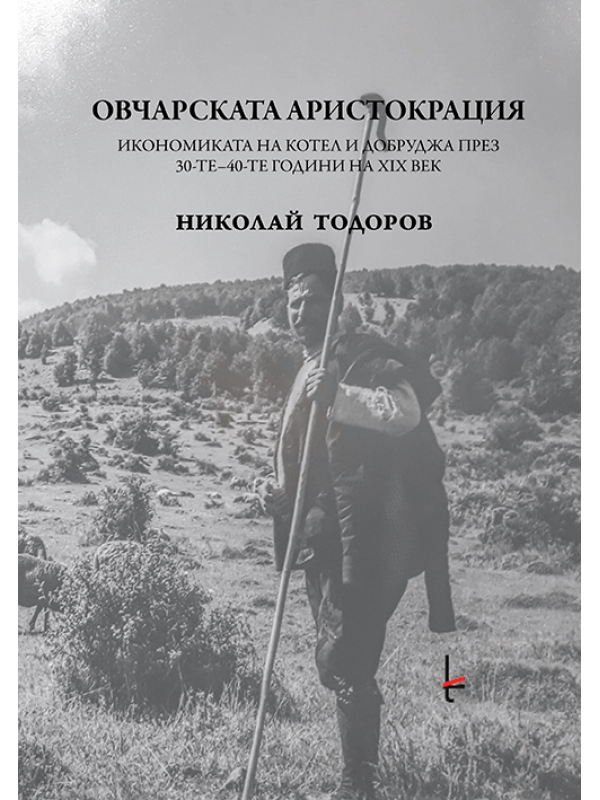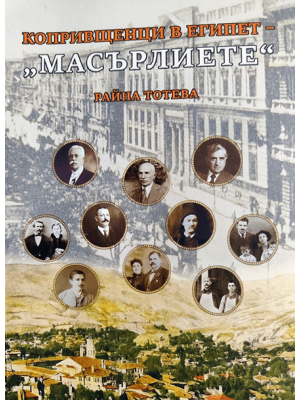Your shopping cart is empty!
The Shepherd Aristocracy: Economy of Kotel and Dobruja in the 1830s–1940s
40.00лв
Qty:
The Shepherd Aristocracy: Economy of Kotel and Dobruja in the 1830s–1940s
Овчарската аристокрация. Икономика на Котел и Добруджа
Category: Bulgarian National Revival
Language: Bulgarian
Овчарската аристокрация. Икономика на Котел и Добруджа
Category: Bulgarian National Revival
Language: Bulgarian
The Bulgarian National Revival is one of those periods with a strong historical charge, which carry very important messages. Sometimes we ask ourselves why then the Bulgarians manage to impose themselves on an imperial market as the main players in the "games of exchange" and not only that, but also to touch the European trade? Why is having a commercial office in Vienna and Manchester, in the imperial capital — Istanbul or selling socks in the Cairo market something completely natural? It seems that distances did not matter to the enterprising Bulgarian of that era. The Bulgarian merchant is mobile, seeks and finds the opportunities provided by the Ottoman economy, builds networks through which trade information flows — what is being sought on the market in Galats, what is the price of wheat in London, how much wool is needed for the factories in Marseille and etc.
In this vision, the city of the Kotel and its inhabitants not only find their place, but to a large extent participate in its modeling. There is no way that this village (only by administrative status) will remain in the shadow of history, considering the human capital it has invested in Bulgarian political and cultural revival. And if the last term is historiographically debatable, then what happened in the Kotel from the end of the 18th to the middle of the 19th century has no analogue.
Table of contents
Увод
I. глава. „И да гледате иманиту… абаджийскуту“ — професионална структура на Котел през 40-те години на XIX в.
II. глава. „Като се върнем от Добруджа, кесията ни се пълна с пари“ — котленските къшли в Добруджа
III. глава. „Овчарската аристокрация“ или бележки по котленския елить
Заключение
Речник
Използвана литература
Географски индекс
Именен индекс
Тематичен индекс
| Details | |
| Publisher | Tendril |
| Language | Bulgarian |
| Pages | 312 |
| Illustrations | b/w figures |
| Binding | hardback |
| ISBN | 978-619-92218-0-8 |
| Creation date | 2023 |
| Size | 16 х 24 cm |
Write a review
Your Name:Your Review: Note: HTML is not translated!
Rating: Bad Good
Enter the code in the box below:
© “Bibliophilia” Ltd. / © „Библиофилия“ ЕООД















